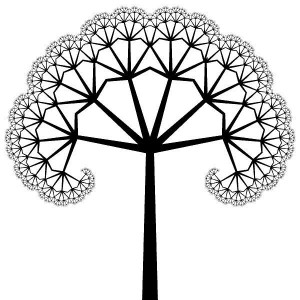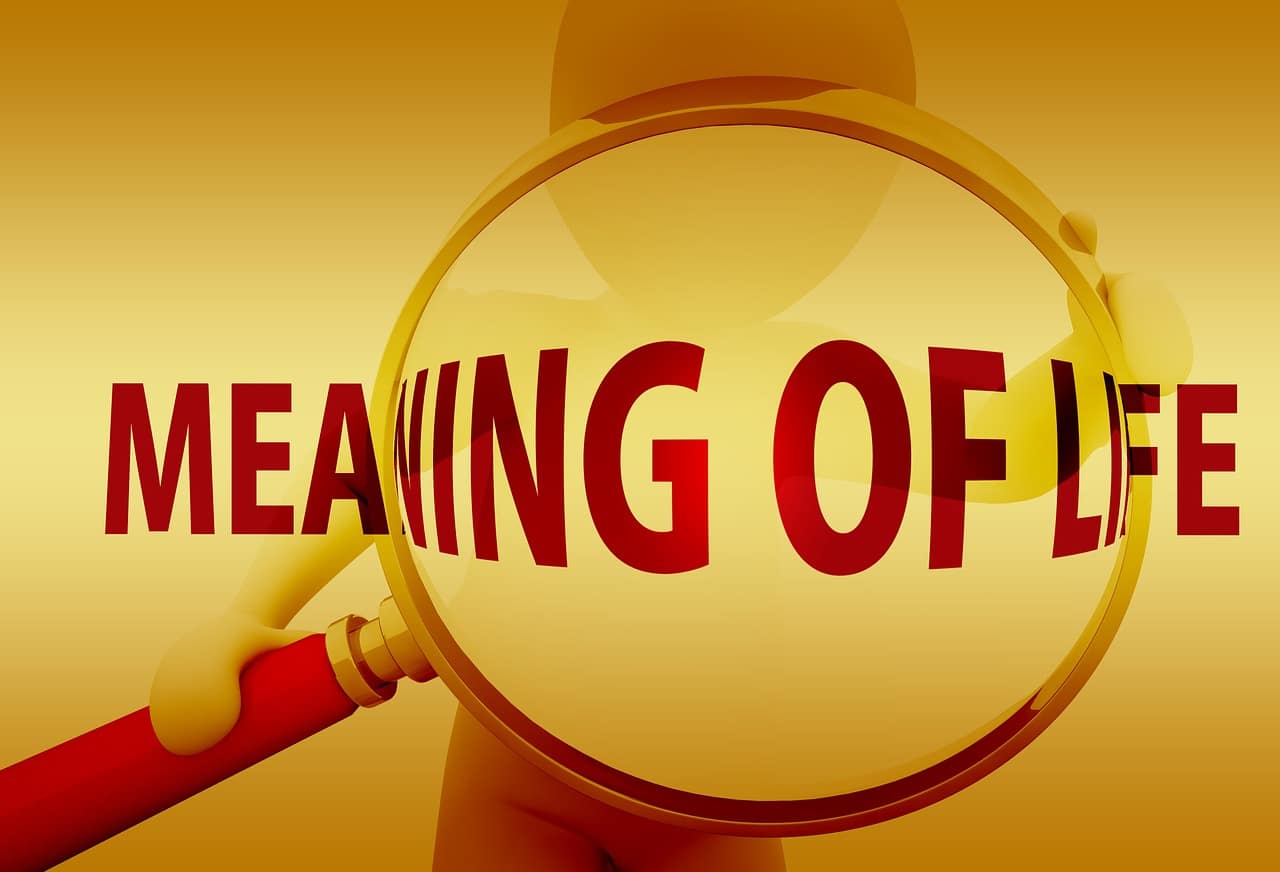Journey Background
When I look back, it seems that a drive for success was instilled into me from an early age. I grew up seeing my Dad succeed in AFL football, coaching and captaining for years and being praised by his peers. I was very competitive and it wasn’t just influence from family, it was also the school system — any relatively good work was praised and there was always encouragement to do well. There were also academic competitions at school, in races where there is always a winner, or indirectly with a leader board or comparison of marks. I have always wanted to do better, whether it is “better” than other people or to improve on my past results. This theme of self-improvement is part of why this blog has a personal development theme.
Finance is a big part of my life as well. I am very glad that my Dad brought me up with some financial education. We used to get pocket money as kids, starting at fifty cents a week and it would go up by fifty cents a week each year. A few times a year, I remember him sitting me down and showing me my bank balance increasing, and how the bank puts in a bit more — you get interest: you get rewarded for saving your money. I forgot when and I forgot how but Dad taught me the concept of compound interest, which has had a big impact on my perceptions of time, value, and money.
When I was maybe a bit older than 10, I was interested in Dad’s hobby of collecting coins and I took on Mum’s stamp collection. The concept of value and appreciation was taught to me, that you’re holding something as an investment, for it to increase in value. The hobby also reiterated the concept of delayed gratification. Furthermore, my Dad had a few finance books and magazines lying around the house that I took an interest in. They included titles such as ‘The Millionaire Next Door‘, ‘The Richest Man in Babylon‘, the ‘Rich Dad Poor Dad‘ series, various property investment books, and ‘Money Magazine’ — which I had a subscription to. These books continued to instil into me a sense of ‘knowledge is power’ – that I can use this knowledge to become wealthy and I can use the wealth to give myself power over other aspects of my life. I didn’t like the idea of working my whole life so I sketched out a rough plan to save, invest in shares, develop property and retire by 30.
VCE — Secondary School
The concept of delayed gratification that was taught to me, my perception of time, value, and money, and the long term horizon that was consistently used in the financial books I read caused me to look to the future. To plan for the long term. To know what my efforts were leading me towards.
I have always needed to know why I was doing something, otherwise I wouldn’t be motivated to do it. So when it came to our ninth year of schooling where we were asked to start planning our future subjects, I got planning.
Like the majority of us, I was taught to do well in school so I can get into a good university that will get me into a well-paid career. Extended family regularly asked me as a child what I wanted to be when I grew up. Who knows at that age? I used to tell them that I liked numbers and they would say something like “Oh, then you’d be a good accountant!” That had made sense to me at the time, so I chose subjects related to that field: Accounting, Economics, Specialist Maths, Maths Methods, English Language (the more logical option of the English subjects offered) and, in line with my desire to renovate properties in the future, a Building & Construction vocational subject.
In Australia, students at the end of their secondary education end up with an Australian Tertiary Admissions Rank (ATAR), a percentile of how your overall score compares to other students your age. My school, Aquinas College in Ringwood, Victoria, would award students who got an ATAR of 90 or above (in the top 10% of all Victorian students your age) with a $100 voucher at an award ceremony at the beginning of the school year following their graduation. Additionally, the highest achiever would be named dux of the college, given a larger reward and have their name added to an honour board.
Naturally, this being another form of competition with reward and recognition at the end, and a challenge, I set my target on being dux of my school. After deciding that The University of Melbourne offered the best course for someone wanting to be an accountant, I found that Melbourne Uni offered a full scholarship if you got 99.90 or 99.95. My target of ‘dux – probably in the 99s’ became ‘99.95 – a perfect score’.
At graduation, Aquinas chose me to be the recipient of the College Board Award for best representing the school in my academic achievements and participation in school life. However, after our results were released, I had fallen short of both of my targets, getting 99.80. My friend got 99.90 and so got dux of the college, and Melbourne Uni didn’t offer me a scholarship. It was a hard lesson to learn.
University
My first year at The University of Melbourne doing a Bachelor of Commerce (Accounting & Finance majors) was a busy one. I hadn’t slowed my pace from Year 12: full time university, 10 hours a week working at Big W and 16 hours a week in my new job as an Assistant Accountant at Pental Limited.
The hours I was putting into everything plus the change from secondary school to university life kept me busy, but by the end of the year I realised my plan for the future stopped at university then made a vague jump to a career in accounting where I would invest my savings into shares and property. I needed to figure out exactly what I was going to do between ‘uni’ and ‘career’.
To give myself more time to plan my future, I dropped from four subjects per semester to three subjects and I would study one subject over each summer. This would give me a lower workload during my second year of university and, assuming I went back to four subjects a semester in my third year, my degree would still be finished by the end of third year (2014).
With the time I had, I researched the different career paths available. After dismissing the finance-path options and certain (personally) boring accounting pathways, I decided I liked Management Accounting. This is the sort of strategic and analytical accounting I could do in any industry I chose instead of, for example, working in an accounting firm. I would need to do my CPA (or CA) to become professionally accredited and I would have to work in a relevant graduate role after my degree was completed.
The Slow Down
By March 2014 (third year), I realised that the end was near. And I wasn’t looking forward to it. I had worked full-time hours over university holidays and I knew what was in store for me upon graduation. I didn’t bump my workload back up to four subjects per semester so my course was due to finish in 3.5 years now instead of 3.
I remember sitting in a lecture theatre, not listening to a word from the lecturer, wondering what I was doing. “Why am I here? What’s the point of it all? What am I doing with my life?” These were questions I regularly asked myself over the following 12 months. I think I used the ‘retire by age 30’ goal as a consolation: that as much as I dislike having to work for someone many hours of the week in a job that probably doesn’t help the world as much as I want, at least I would only have to do it until 30. Then I could live my life.
My general outlook on life took a hit.
I couldn’t answer the questions I was asking myself and, without a reason for what I was doing, my motivation plummeted. I began walking to a nearby park with only a blank notebook and a pen — no phone. I would write down everything I was doing and why I was doing it, asking ‘why?’ again and again until I had drilled down to something meaningful.
Eventually I could see recurring themes and I used these as guides to what I wanted in life. Start the series on purpose if you want to figure out what you want to do with your life; what will bring you meaning and fulfilment.
I was nominated for the 2014 National Student Leadership Forum (NSLF) held in Canberra in September by a friend of mine who was a past delegate. The Forum brings together over 200 passionate and inspirational young leaders chosen from around Australia, New Zealand and the Pacific. The topics of the event were ‘servant leadership’ (leadership and influence for the betterment of others) and ‘faith and values’.
The Forum opened up my way of thinking by removing me from the routine that was my life and placing me into an environment that fostered openness, acceptance and a desire to love, value and help others. It taught me that I don’t need to have a specific item on my ‘to-do list of life’ to cross off, no grand thing that needs to be done, but that living a life that helps others is a worthy direction for my life to take. I thoroughly agree with the quote “with great power comes great responsibility” and therefore believe that if we have the ability to make a positive difference in the world then we have a responsibility to do so.
At the end of third year I stopped working at Big W to free up even more time to think. However, by May 2015 I still hadn’t figured out what my life purpose/direction was, so I had booked a seven night stay in one of the cheapest places I could find on Airbnb that had a bed, desk, and basic appliances. This way, I could live normally for a week and use the 9 to 5 schedule to think and plan stuff instead of study or work.
The time was great but it wasn’t enough. I wanted more time to continue the progress but it is hard to get. I didn’t hide my intentions when people asked what I was going away for. I told them. Most just didn’t seem to understand why I would want to isolate myself and just think and plan. But if you feel discontent or unfulfilled with certain aspects of your life, if you are drifting through the career/business part of your life and have settled for less, then you know how I felt and this blog will have something that can help you. Subscribe to get the latest posts emailed to you each week.
Trip to Europe
My partner and I travelled through Europe together after my graduation in June 2015, at which time I had left my role as an Assistant Accountant at Pental Limited.
The trip went for three months and it was amazing. However, in addition to the usual sight-seeing, I spent a large amount of my downtime thinking about what I wanted in life and what my plans for the future were. It took a while but I got there eventually. I have a good idea of who I am, what I believe, what my current purpose/direction is, the difference I want to make in the world, my ideal lifestyle, what I want to do, be and have in the future, and a rough plan of how I will get from my current position to my future goals.
2016
I will share with you my journey of purpose-searching and help you figure out how you will live a more meaningful, purposeful, fulfilling life.
I will draw on the lessons I have learned regarding how negative mindsets can hold you back from success and how you can change your perspective of things to better achieve your goals.
The finance subjects and accounting subjects at The University of Melbourne, the financial books, magazines and videos I have consumed, my accounting background and own personal finance/investing/business experience will enable me to help you solve your financial problems and achieve your financial goals.
I aim to pass on the time management and productivity skills I picked up along my journey to an ATAR of 99.80 and full time university with 26 hours of work a week.
Lastly, my journey through life now has a growth and personal development theme, so I will be constantly learning new things and improving myself and the lives around me. Anything I learn that I feel will be useful in helping you achieve personal success and fulfilment will be passed onto you in future posts. I hope you find my work helpful. Make sure you subscribe to the weekly newsletter, engage in the conversations and share the messages that you would like sent around the world.






